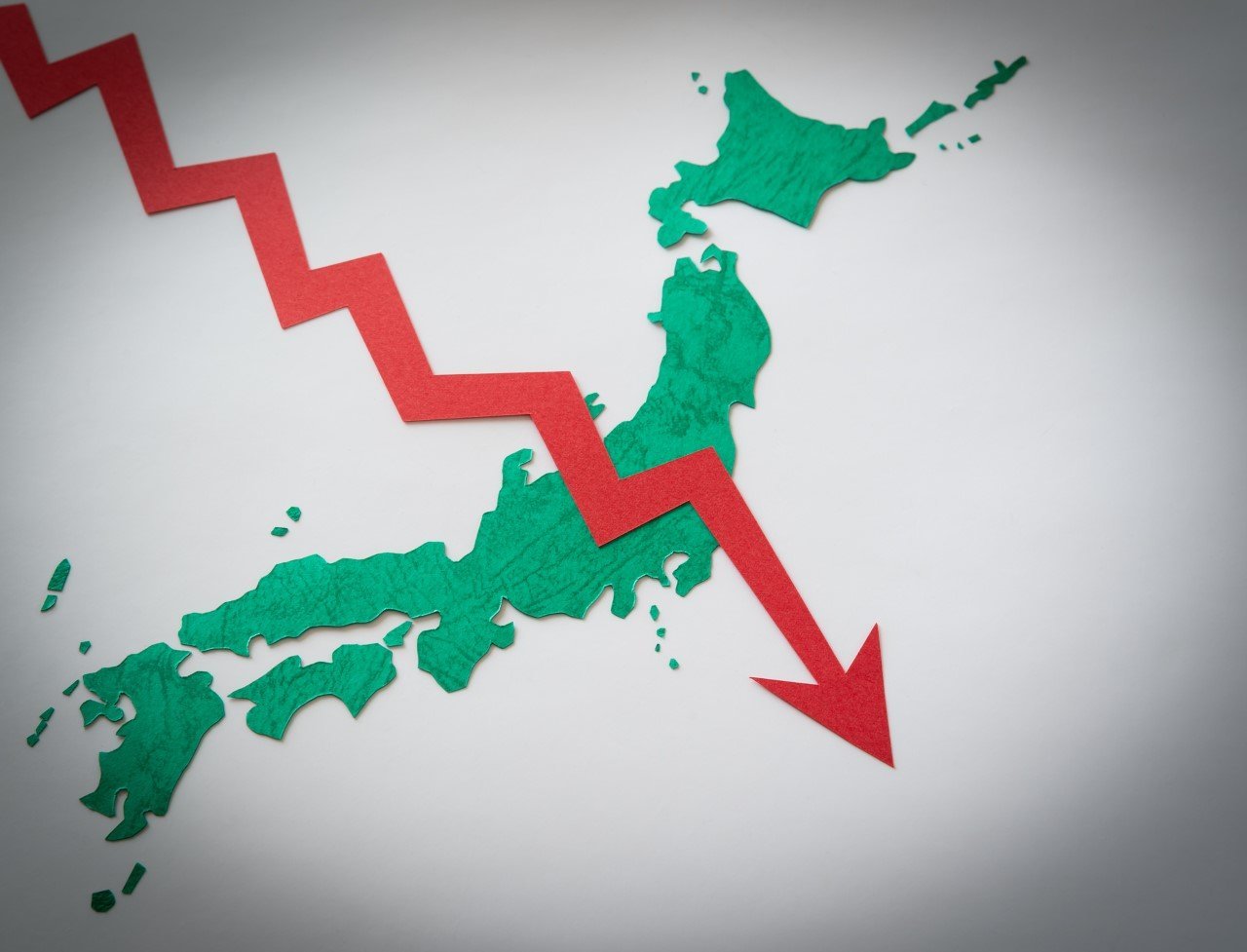2011/05/27
No. 120: Isami Takeda, "Lessons Learned for Japanese Diplomacy from the Earthquake"
The March 11 Great East Japan Earthquake/Tsunami caused enormous damage along the Pacific coast of the Tohoku region (Iwate, Miyagi and Fukushima prefectures). Tohoku is not only an indispensable region for Japan's agricultural and fishery industries, but also an important supply hub for the country's production of automobile parts. Thanks to recovery work already underway, economic activities are resuming in the affected areas. Japan's society and economy have seen remarkable progress in this recovery week by week.
It was initially estimated to take from six months to a year before the Tohoku Shinkansen could resume service due to the serious damage caused to stations and elevated bridges. However, recovery work was completed in just one and a half months and the Tohoku Shinkansen has already resumed service. The region's main transport artery has also been restored with Tohoku Expressway now fully reopened for ordinary traffic. The nuclear accident at the Fukushima Daiichi Plant is of serious concern, but the Japanese government and the Tokyo Electric Power Company (TEPCO) are taking every measure possible around the clock to stave off nuclear contamination.
Given these circumstances, I would like to reflect in three aspects on the lessons learned from this disaster for Japanese diplomacy: Japan's alliance relationship, disaster relief management, and aid diplomacy.
Firstly, Japan's relations with its allies, especially the United States, have been dramatically strengthened and deepened. The first foreign teams to provide emergency humanitarian assistance in Tohoku after the March 11 disaster were from US forces in Japan. The four branches of the US military (Army, Navy, Air Force and Marine Corps) stationed in Japan were engaged in relief work to help affected people. The Marine Corps rushed to the rescue from Futenma Air Station on Okinawa. Furthermore the aircraft carrier USS Ronald Reagan, which was participating in joint exercises with the South Korean Navy in the Pacific Ocean, joined relief activities off the Tohoku coast, airlifting large amounts of food, water, medicine and blankets to isolated people.
Through the emergency humanitarian assistance in the wake of the massive disaster, diplomatic and security relations between Japan and the US have been strengthened and deepened. US forces deftly named the relief and recovery assistance effort "Operation Tomodachi" to touch Japanese hearts. Japanese people, those directly affected and others alike, appreciate Operation Tomodachi and recognize anew the importance of Japan's alliance with the United States. The US' disaster relief was swift and large in scale and, even if some diplomatic calculation to influence the disaster-stricken country was involved, American rescue and relief activities were simply appreciated. South Korea and Australia, Japan's quasi-allies, followed the US in dispatching relief teams. No doubt such moves have strengthened and deepened Japan's diplomatic and alliance relations with these countries.
Secondly, the great disaster highlighted the need to introduce a new international system to improve relief activities in the event of large-scale natural disasters. Japan boasts a history of having dispatched many disaster relief teams and engaged in humanitarian assistance in foreign disaster-affected sites. It has taken the initiative in developing an international disaster relief system, for example, by securing storage to stock emergency relief goods in Singapore. What Japan learned from being a victim of the recent disaster was ironically the inadequacy of the international system to support emergency medical activities.
Because medical practice is strictly regulated by the domestic laws of each country, Japanese doctors have encountered situations in which they were unable to provide medical treatment in disaster-stricken sites abroad. The same thing happened in Japan after the March 11 disaster. To solve this problem, an international accreditation system that would allow foreign doctors to provide emergency medical treatment in the event of large-scale natural disasters is urgently required.
Japan may go further in establishing an international disaster relief system designed to train doctors from around the world to become leaders in emergency treatment. Certificates may be issued to leaders with whom they can engage in medical practice at foreign disaster sites strictly for the purpose of emergency humanitarian assistance. Having come through the latest disaster, Japan may well exercise diplomatic initiative in this field, building on the know-how it has accumulated from past experiences of disaster relief assistance.
The third is the importance of aid diplomacy. In the two months after March 11, 156 countries/regions and 41 institutions expressed their wish to provide assistance, and a total of 108 countries/regions/institutions eventually sent us relief goods and donations. Assistance arrived from all over the world, including those countries that Japan has assisted with development for many years. The fact made us recognize anew the strong bonds formed between Japan and these countries.
The Japanese government has made a tough decision to cut back on official development aid (ODA) this fiscal year in order to bolster emergency relief activities for people affected by the disaster. The reduction is a temporary measure, and it has been agreed to continue foreign aid by increasing the amount of ODA when emergency recovery plans in East Japan are complete. Without foreign aid as a diplomatic instrument, Japan will have a hard time in the international community. Along with domestic disaster-relief assistance, it is more important than ever for Japan to maintain both the quality and quantity of its aid diplomacy.
Dr. Isami Takeda is Professor of International Relations at Dokkyo University, Japan.
The views expressed in this piece are the author's own and should not be attributed to The Association of Japanese Institutes of Strategic Studies.





